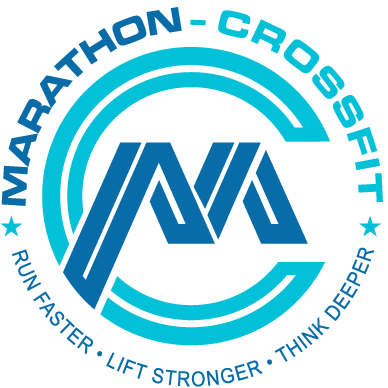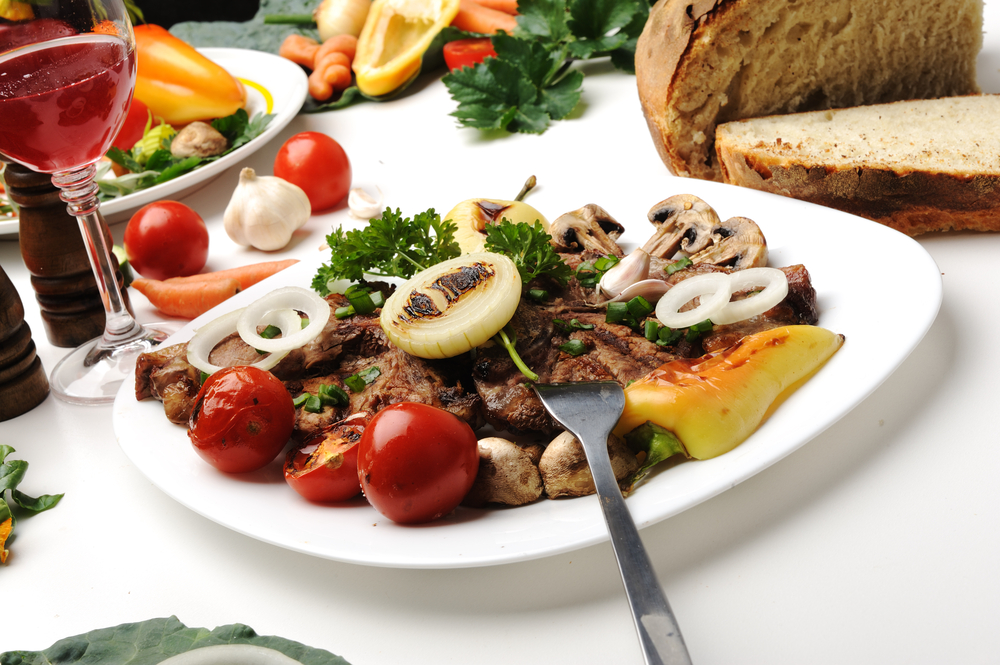Powerlifting: What to eat
It is more important how much you eat rather than what you eat for weight management. For performance, it is important to eat high-quality food that has been prepared by yourself with purpose.
What is your why
Before we go into the details of what to eat for powerlifting, let me ask you a couple of questions:
-
Why do you want to powerlift
-
Why do you want to change your body
-
What happens when you do
-
What happens if you don’t
These questions will make all the difference between your success and failure. Research shows that people who write down and reflect on their goals are more likely to achieve them. So pick up a pen and paper and get going. Many people think about their lives like this:
-
What do I want
-
How do I get it
-
Why do I want it
This is a good way to feel lost. What you want changes hundreds of times a day. If you put the spotlight on this you will spread your resources thin and scatter your time between too many activities. Something interesting happens when you flip these questions on their head:
-
Why do you want something
-
How do you get it
-
What needs to be done
This way your inner desires will become the center of attention. Your thoughts and actions will become more connected and success more likely. If you want to know how this works on a psychological basis read Daniel Kahneman's thinking fast and slow. Simon Sinek's Ted talk on the golden circle will change your life.
The beginning is to start a journal. The best one I have is the self journal from best self. Check it out. If you use it diligently you will become more successful on your own terms.
What is your goal
How you need to eat depends on what your goals are for your powerlifting. Powerlifters are interested in different things and this needs very different dietary approaches. Do you want to
-
Lift the biggest amount of weight possible no matter your body weight
-
Lift the most weight possible based on your body weight
Those two scenarios are very different in terms of diet. In the first, you can eat whatever you like. In fact, the more the better. The bigger your body the more you can lift.
When you want to pack the most amount of power into as small a body as possible dieting becomes more complex. Then you have to decide what your weight class is and probably optimize your weight management as well as your training in the gym.
If you are very tall and big you are more suited to getting as big as you possibly can. If you are above 2.10 m you will already be 90kg even if you are very slim. If you are very small it might be better to pick a more thoughtful approach to diet.
Protein
Protein is your friend. Chicken breasts and broccoli is the famous boring diet of bodybuilders across the globe. Steak and fish can also help to noisy your performance. Pork is usually considered to be of lower quality. Some athletes go even that extreme to claim that boar that they have shot in the wild gets the best results. Whatever you fancy natural protein is easy to be gotten from eggs, steak and chicken breasts.
Fat
The keto diet which was formerly known as Atkins diet claims that you can get into a state of ketosis by eating a diet which is high in fats and low in carbohydrates. Studies on different diets show that what you eat matters a lot less compared to how much eat when you want to gain or lose weight. Watch the episode on dieting on Netflix’s explained if you want to know more.
Fat is important as an energy reservoir that you can draw from. During the year you might want to keep fat on your body and in your diet to be able to train harder and keep you going. For competition day it might just be the ballast. It depends on how you respond to going below 10% body fat and how it impacts your performance for the platform. 90kg of pure muscle will usually move more weight than 80kg of muscle and 10kg of fat.
Carbohydrates
Carbohydrates or sugars are usually made out to be the demon of any athletes diet. If you want to make it in powerlifting long term you can not avoid them. You have a life and without carbohydrates, you will go mad.
What is important about carbohydrates in a professional diet is to understand their impact. They are often derived from processed foods. Processed foods usually struggle to keep vitamins and minerals in them and you also can never know for sure what actually went into them. I won’t go into detail, but just watch some documentaries on the food industry to get perspective.
The easiest way to understand why carbohydrates are deemed “bad” for athletes is to track your intake with MyFitnessPal. You will see that carbohydrates have very high energy and have a big impact on your calorie intake. Wolfing down a box of chocolate usually offsets the entire calorie balance for the day.
Processed foods
Processed foods or fast foods are convenient and some might even say delicious. I love a good McDonalds binge. The downside to them is that they have not a lot of nutrients and all kinds of extras in them to make them more tasty. It is quite shocking how fast you can digest the amount of calories in a McDobalds meal. Just pile up the same amount of cabbage and lettuce you would have to eat to get the same calories together and you cop why processed foods might be not ideal for your performance.
You can also make your own processed foods by batch cooking on the weekend. More on this later on my blog.
Reconnaissance diet
I am no professional nutritionist, however I am making good progress on my lifts. If you really want to fully commit to eating right for performance try out the reconnaissance diet from Juggernaut Training Systems. I am along term client of them and their programs and advice always produced results for me.
Powerlifting what to eat
Ultimately tread your body like a temple. Frau foods that you have prepared yourself with intent for your caloric household are key. Stay away from processed foods as much as you can and have the occasional binge with friends and family depending on the occasion. If you are big, eat big. If you are small kept an eye on your weight class and weight management. It is not rocket science, just very hard to stick to. If it was easy everyone would be doing it.

